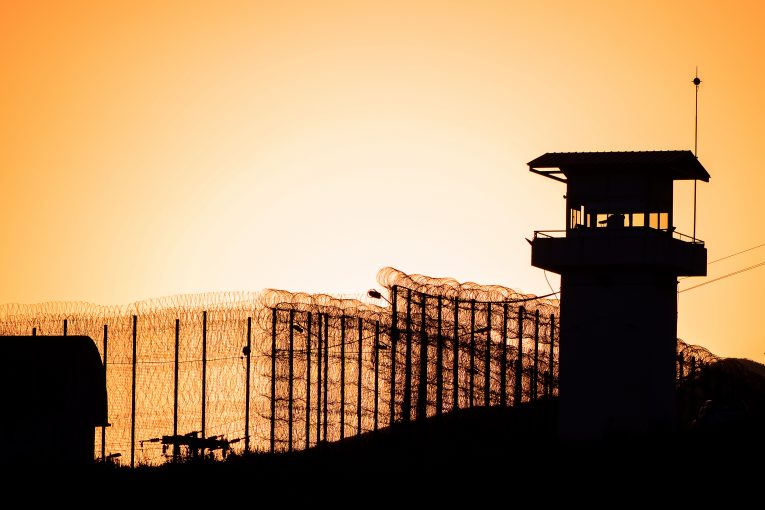
On November 5, Californians voted to continue slavery for incarcerated persons (No on Proposition 6) and mass incarceration with an increase in penalties for theft and drugs (Yes on Proposition 36). It currently costs California $132,860 a year to incarcerate one individual. The passage of Prop. 36 will mean that nearly a billion dollars over the next decade will be diverted from drug treatment and homelessness prevention programs in the community toward incarceration. It continues the trend of creating more jails throughout the country, often under the guise of “carceral humanism.” Carceral humanism substitutes incarceration for social safety nets such as affordable housing, mental health and drug treatment programs. In fact, the proposed jail expansion in Sacramento County is labeled as a “mental health facility.” As a physician working in a prison, I am deeply troubled by these election results. Incarceration is incompatible with healthcare. It cannot be the solution for homelessness, substance use disorder, or mental health.
The passing of Prop. 36 will inevitably increase mass incarceration and disregards the fact that compulsory treatment for substance use disorders is less effective and can cause harm. We have been here before. The prior “three strikes law” and “war on drugs” policies led to dramatic increases in overdose deaths both during incarceration and upon release. While the implementation of the integrated substance use disorder treatment program in the California state prison system is highly successful in decreasing overdose deaths and other complications from substance use, the stigma, misinformation and shame of drug use remains. Frequently, my patients with opioid use disorder reluctantly elect to discontinue their life saving medication as they worry the parole board may view their treatment negatively, thus jeopardizing their release. The fear and trauma of continued incarceration drives patients’ decisions to stop effective treatment regardless of the dramatic risk of overdose and relapse. Other patients started using drugs while incarcerated to help cope with the trauma of incarceration. There is an overlap of substance use disorders and mental health disorders and incarceration antagonizes both.
Even prior to the Supreme Court ruling to criminalize homelessness, people who experienced homelessness are more likely to be incarcerated and those who are incarcerated are more likely to experience homelessness. Human suffering is not a crime. Many patients suffer from PTSD, anxiety, or depression and I see the effects compounded by, if not caused by, their incarceration.
Every day my patients who are incarcerated must choose between their health and their humanity. Incarceration, built on a system of dehumanization and racism, largely affects communities of color. More than 45 percent of people with life sentences due to the Three Strikes law are Black and it disproportionately affects mentally and physically disabled persons. It’s why I have geriatric patients who have been incarcerated since their twenties for shoplifting or property damage. Prop. 6 aimed to reconcile the wrong of legalized slavery as a means of punishment, but did not pass, even as other states such as Alabama and Nevada passed legislation to remove this slavery loophole. I am disappointed Californians supported legislation that perpetuates the cycle of harm. But I am hopeful as there always has been and will be people showing up to uplift and heal our communities.
In recent years, Sacramento residents rallied, provided testimony and demanded investment in our communities rather than an unnecessary jail expansion. The Sacramento Board of Supervisors voted against a jail expansion twice, but most recently they are again moving to build a new annex that will cost the county over 1 billion dollars, paid with a high interest loan. Now is the time for Sacramento and the rest of California to support each other and fight for better solutions for safer communities. There are alternatives to incarceration to improve the health and safety of patients, families and our communities. We just need to be brave enough to choose it.
Dr. Sky Lee (she/hers) is a board certified Family and Addiction Medicine physician who works with people who are incarcerated.